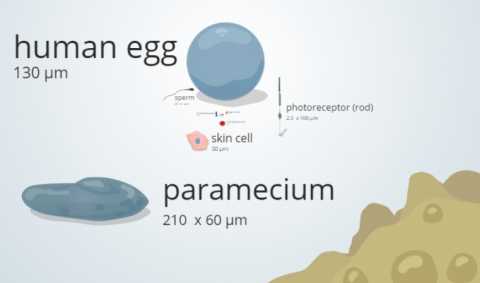Bio-diesel Video
Have you ever wondered what happens to all that grease and oil after cooking your meals? This video demonstrates how grease, cooking oil, and fats are being turned into biodiesel that can power diesel engines.
Have you ever wondered what happens to all that grease and oil after cooking your meals? This video demonstrates how grease, cooking oil, and fats are being turned into biodiesel that can power diesel engines.
This video describes how the ear and eyes are related to motion sickness.
This video demonstrates how sugar gives a "high" to your brain, causing you to want to eat more. Carbohydrates, glucose, fructose, sucrose, maltose, lactose, dextrose, starch, cerebral cortex, digestive system, and dopamine, are all key terms discussed in the video.
Here is an excellent video about how scientists map the human genome. Adenine, Thymine, Cytosine, Guanine, Tissues, Organs, Organism, DNA, and genes, are keywords that are used in the video.
Here is a video that discusses all of the chemical reactions that occur when cooking a cookie. Great video to show the science behind cooking.
Steve Spangler demonstrates the power behind friction using two notebooks. This can also be done using your textbooks. Variable to the experiment is to test the strength of the friction after 1, 5, 10, 20, and 40 overlapped pages.
Have you ever tried to teach your students that sleep is important? Here is a video that discusses sleep importance and what happens when you don't get enough or too much sleep.
Here is a story of Stephen Sillett, who discovered that the extremely tall redwood trees actually contain their own ecosystems. Watch this video to demonstrate how plants can adapt to change.

Here is a website that has a sliding animation to demonstrate the size of cells and compares them to many other objects including viruses, parts of cells, and bacterium. This would be a great visual for your students when introducing the cell.
In this catchy video, students can learn about the different layers of the Earth in a fun and engaging way through song. The video covers the crust, mantle, outer core, and inner core while also discussing convection and the supercontinent Pangaea. The animation and visuals help students visualize the layers and the concepts discussed.
At the end of the video, viewers are encouraged to continue exploring EducationalResource.org for more educational resources, including videos, worksheets, and labs to enhance their learning experience.